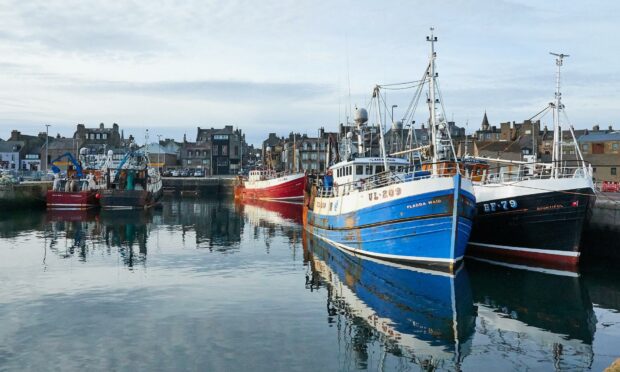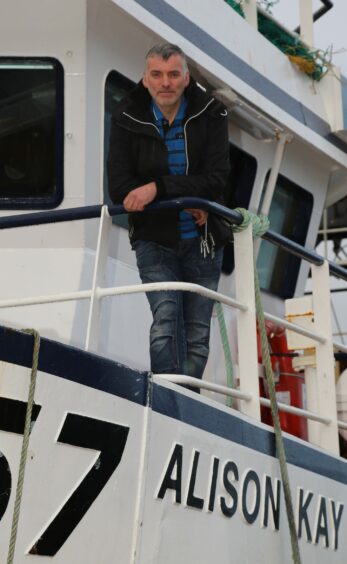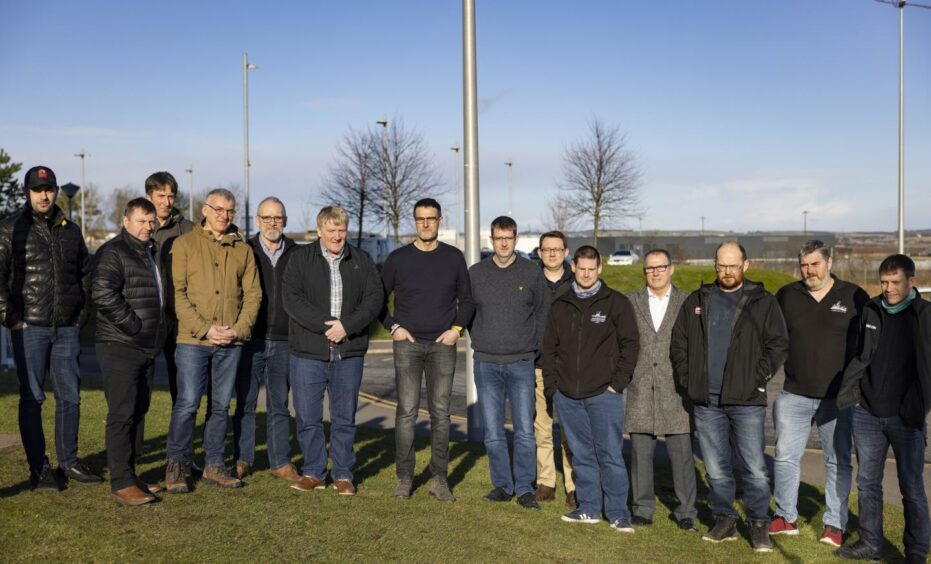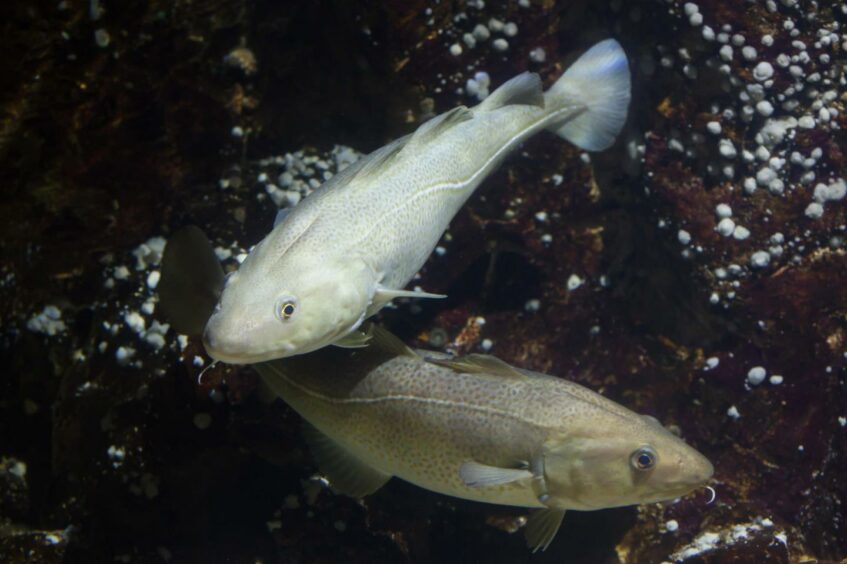Scottish fishers are to fund additional surveys of North Sea stocks as anger grows over the failure to tackle what they say is “poor” science.
Shetland Fishermen’s Association (SFA) and the Scottish White Fish Producers’ Association (SWFPA) have pledged to organise “rigorous, transparent studies of key fish stocks that are fit for purpose”.
The two groups, which together account for more than 80% of the UK’s white-fish catches, aim to get partners in Norway and Denmark on board to help make sure their studies cover the entire northern North Sea.
Skippers are at the end of their tether – we’ve all had enough of a failed fisheries management system that is putting viable boats at risk.”
James Anderson, chairman, Shetland Fishermen’s Association.
Skippers from both associations met in Aberdeen recently to discuss the new initiative.
They say they have encountered indifference from the International Council for Exploration of the Sea (Ices) – the international body of scientists advising European governments on annual catch limits – and fisheries managers over an “urgent need for reform”.
‘We have lost all faith in fisheries management’
SFA chairman James Anderson said: “Skippers are at the end of their tether – we’ve all had enough of a failed fisheries management system that is putting viable boats at risk.
“We have lost all faith in fisheries management but can’t afford to wait, so we are going to act with others to help fix it.”
Mr Anderson, skipper of the Lerwick-registered Alison Kay, added: “Poor science really matters because it leads to quota recommendations that bear no resemblance to the volume of fish on the ground.”
SWFPA chairman Davie Milne, skipper of the Fraserburgh-registered Faithlie, said: “We are in a position where perfectly responsible businesses operating in highly productive waters with abundant fish are in serious danger.
“And all the while politicians hide behind the ‘best available science’.
“The science is actually the worst available science because it comes from only one source.
“Government has abandoned its responsibility to provide appropriate and complete scientific data – so we will take that responsibility upon ourselves.”
Scotland’s two largest fishing associations previously urged Scottish ministers to create a special panel to review stock assessments after wild swings in Ices’ catch advice in recent years.
SWFPA and SFA claimed the assessments had “shaky foundations”.
Most were derived from computer models and complex mathematical algorithms based on “highly simplistic assumptions”, the associations said.
They cited the example of north-east Atlantic mackerel advice, which swung from a total catch limit of 857,000 tonnes in 2017 to 318,000t in 2018 and then back up to 922,000t in 2019, after Ices reviewed its modelling and adjusted its algorithms.
SWFPA and SFA also highlighted Ices’ advice for cod, saying the scientists had failed to take account of fish migration from the southern to the northern part of the North Sea.
Record levels
According to a recent study by researchers at the NAFC Marine Centre, part of the University of the Highlands and Islands, in Scalloway, Shetland, white-fish stocks in Scottish waters have doubled in size over the past 20 years and are now at record levels.
The analysis also found the amount of these fish being caught has declined markedly over the same period.



